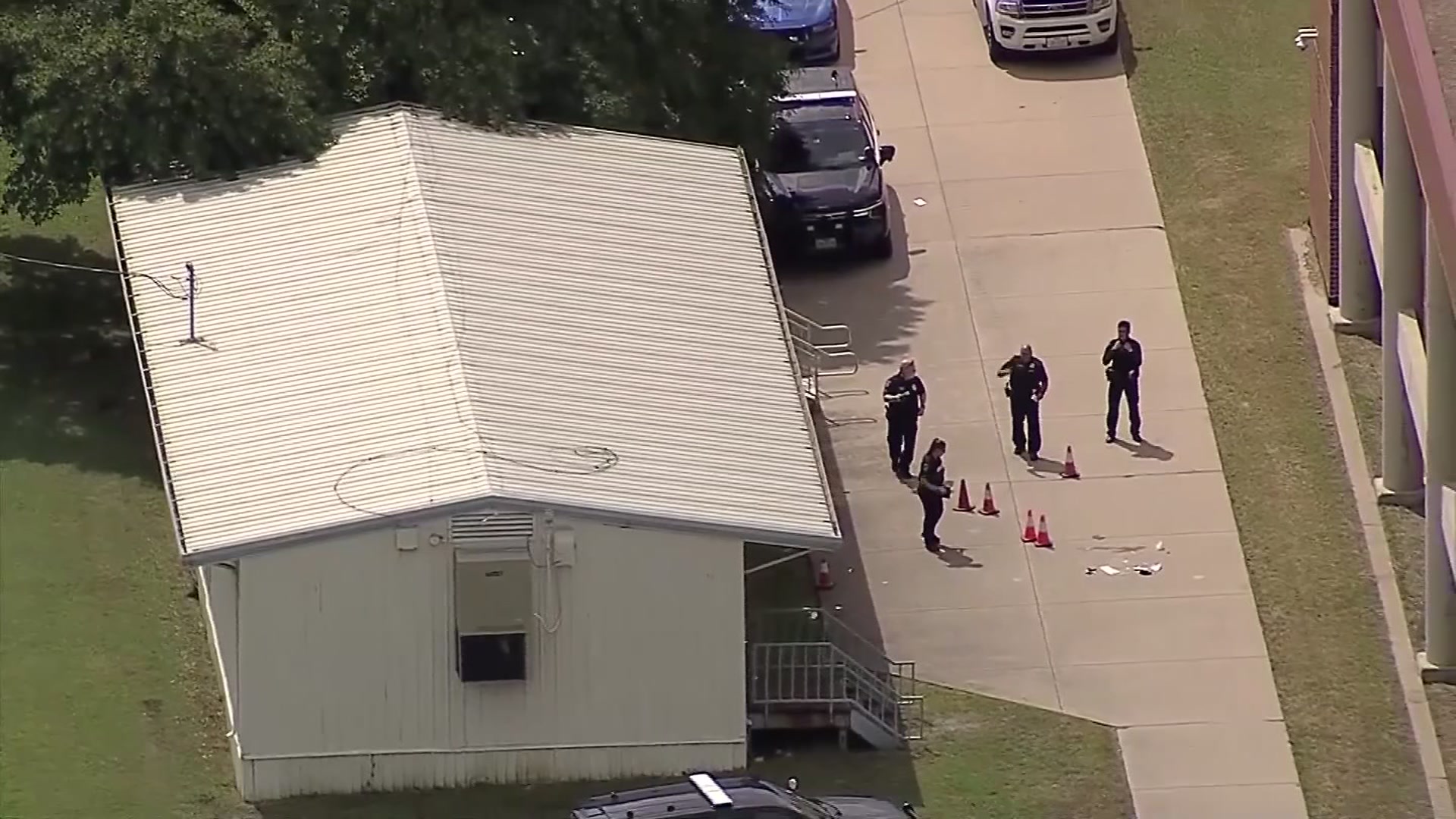Many cities across North Texas are combating the West Nile virus by spraying for mosquitoes at night, but the second largest city in the Metroplex won't be one of them.
The city of Fort Worth hasn't had a spray program in more than 20 years, Scott Hanlon, assistant director of Code Compliance, told the City Council on Tuesday.
The department declined NBC 5's request for an interview regarding spraying on Wednesday, saying the department would not discuss things it does not do.
However, when asked by Councilman Frank Moss during the pre-council meeting on Tuesday, Hanlon explained why the city hasn't and won't spray.
"Nobody puts a spraying program in place as the solution for West Nile virus," Hanlon said. "Nor is it effective in killing 100 percent of mosquitoes in any given area. Spraying only kills adult mosquitoes that are active during the time that chemicals are being dispersed. They don't impact larva. The typical application methods of driving down the street with fog coming out of the back of a truck might be good for those environments right around those roadways, but for those environments that aren't as close to the roadways, they aren't as effective. And then resident concerns, there are residents who have a real concern about potential health impacts, the potential environmental impacts of the use of those chemicals driving down the street and spraying in those neighborhoods. For all those reasons back then, the decision was made that we would endorse the broader based prevention messages and teach people in neighborhoods how to eliminate source pools and how to utilize personal protection strategies to prevent mosquito bites."
The city is providing residents with materials and information on West Nile virus from the Centers for Disease Control and Prevention, as well as from state and county health departments.
"The different cities and their campaigns really have to get this message out, which is prevention," said Tarrant County Public Health Officer Dr. Sandra Parker. "Prevention is key."
Local
The latest news from around North Texas.
Tarrant County Public Health said spraying is really a last resort. The department said it doesn't endorse spraying one or way another to its cities, saying it's up to each municipality to determine the best course of action.
"We don't like to start at spraying because, if people come to rely on the spraying for the problem, they're not going to take the best step, which is stopping the mosquitoes at the source," said David Jefferson, the county's environmental health manager. "Remove that standing water stops the mosquitoes at the source."
Jefferson said spraying is best used in areas where there is a high concentration of West Nile virus cases and where other treatment methods haven't been effective.



